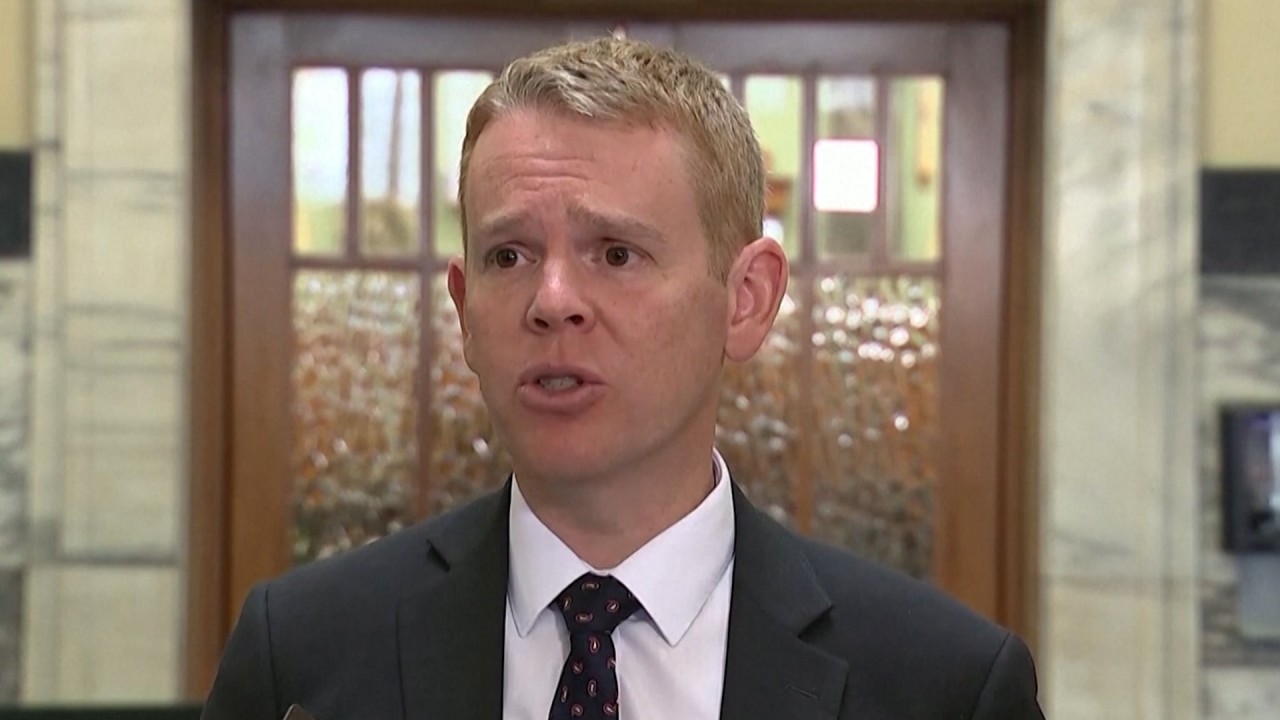
Aukus ‘opportunity’? New Zealand must consider the impact on its strategic autonomy
- In a sign that ambiguity may be creeping into its foreign policy, New Zealand said it was considering a non-nuclear second ‘pillar’ role in the security pact
New Zealand’s Defence Minister Andrew Little said last week that the country wished to contribute to the development of cutting-edge military technologies – such as artificial intelligence, quantum computing and advanced information technology – in the non-nuclear second “pillar” of the three-part Aukus security agreement.
Any participation would be solely in a non-nuclear role due to its legal and ethical obligations to remain nuclear-free.
“We have been offered the opportunity to talk about whether we could or wish to participate in that pillar two aspect of it,” Little told the press. “I’ve indicated we will be willing to explore it.”

Though it is too early to say what prompted Little to make such a statement, one thing is clear. Ambiguity is creeping into the foreign policy of New Zealand, which has until now been hesitant to take a more resolute stance on Aukus.
When her successor, Prime Minister Chris Hipkins, chose to keep Mahuta as the foreign minister, it was expected that foreign policy would remain unchanged. With Hipkins committed to prioritising New Zealand’s economy and preparations for the October 14 general election, he asked Mahuta to take the lead in foreign policy.
Little’s statement suggests that the hawkish elements in Hipkins’ cabinet are now trying to influence the country’s foreign policy.
Since the launch of Aukus, pressure groups inside and outside the government have argued that New Zealand had been sidelined, and somehow rendered weak and defenceless. There have also been assertions that recent Aukus developments may isolate New Zealand – although there is scant support for such apprehensions.
At the same time, New Zealand’s unique foreign policy approach, particularly towards China, and its long-standing non-nuclear stance may be eroded.
New Zealand has a great relationship with China. But for how much longer?
The possibility of New Zealand’s participation in Aukus has generated much debate and discussion among policymakers, experts and the general public alike, with many wondering how the new alliance would affect New Zealand’s standing on the world stage.
The latest developments around the Aukus pact serve as a catalyst for a broader conversation about the role of small nations in the Indo-Pacific, and the importance of maintaining a principled and independent foreign policy.
It is essential for Wellington to recognise the intricate interplay of the various factors and of the stakeholders in the region if it wants to develop a sustainable and rational strategy to navigate the complex dynamics of the Indo-Pacific.
Dr Imran Khalid is a freelance contributor based in Karachi, Pakistan


